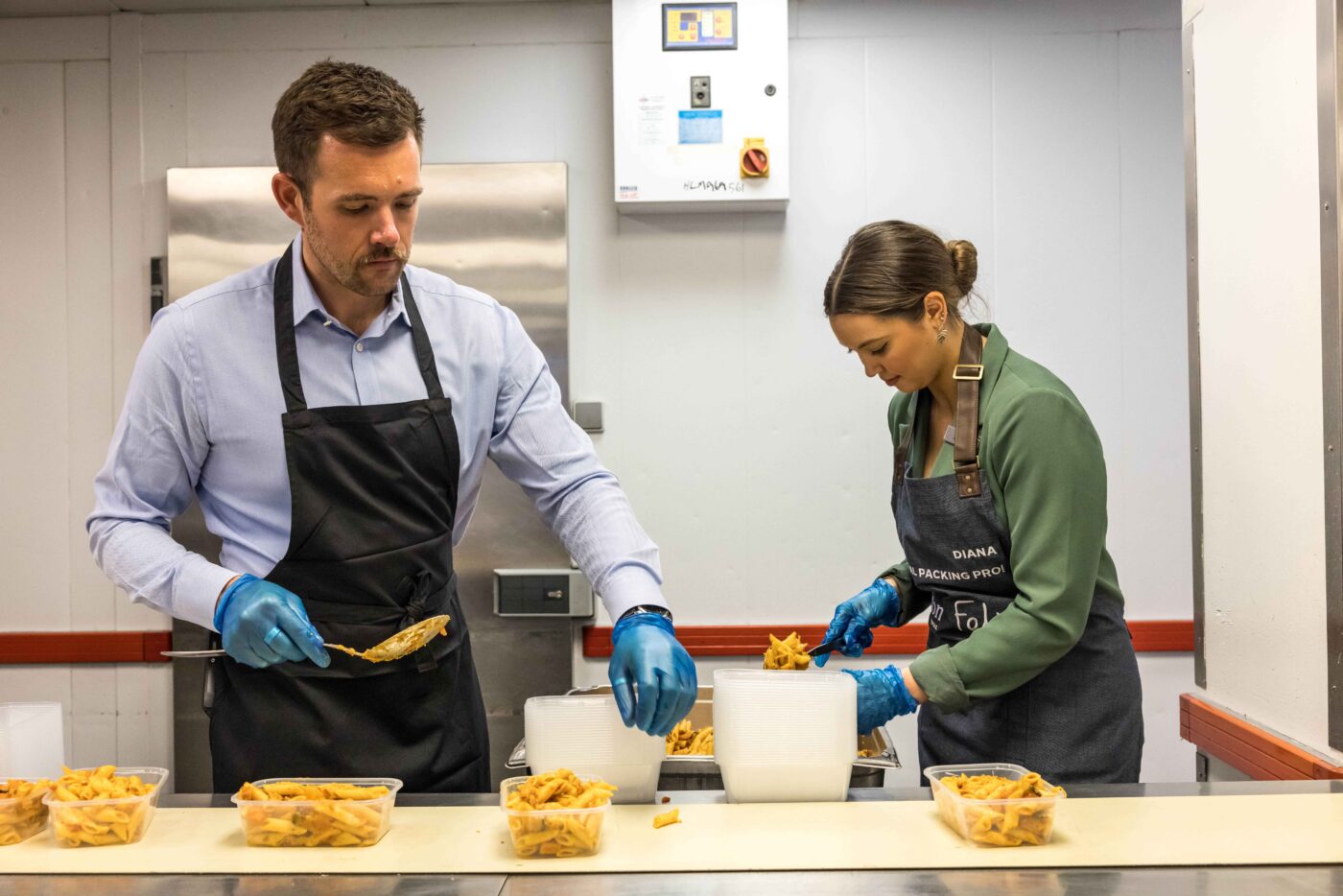A year ago ITP launched our four Goals for 2030 as a call to action to the hotel sector to do better on the critical social and environmental issues most impacting their businesses, but which they had the greatest power to positively impact.
Our Goals on Carbon, Water, Youth Employment and Human Rights give a clear steer for the industry on the responsible actions it needs to be taking, as well as providing a road map for our members on how they can work together to create impacts at scale and to get further and faster than they can working alone. ITP offers guidance, tools, programmes and partnerships to speed the route to success.
We were delighted then to be able to announce that our flagship employability programme, the Youth Career Initiative, had been selected by the Global Fund to End Modern Slavery (GFEMS), for a pilot project in India and Vietnam which the organisation hopes will become the blueprint for how business can work collaboratively to tackle human trafficking.
GFEMS – a public-private partnership that aims to make modern slavery economically unprofitable – is investing $490,000 to support survivors of human trafficking through a YCI project that will run in Mumbai and Hanoi.
The GFEMS partnership with YCI represents a scalable public / private solution to reduce the incidence of sex trafficking by breaking the link between an individual’s vulnerability to being trafficked (or re-victimised), and their limited economic opportunity. Survivors of human trafficking will be able to build a safe and secure economic future for themselves.
During the two-year project YCI will partner with hotels and non-profit organisations in Mumbai and Hanoi to help around 130 survivors access skills, training and employment opportunities, whilst also creating safe workplaces capable of supporting vulnerable young people and particularly women and girls.
Helen Taylor at GFEMS said, “At the core of YCI’s model is partnership with hotels – an approach that represents the way we want to engage the private sector. Our investment will create a blueprint for other companies and industries to combat human trafficking and support sustained freedom for survivors of trafficking.”
“Our investment will create a blueprint for other companies and industries to combat human trafficking and support sustained freedom for survivors of trafficking.”
Helen Taylor, Director of Grant Programmes, Global Fund to End Modern Slavery (GFEMS)
Head of YCI Scott Robinson said, “It is tremendously exciting to be among the first grantees of the Global Fund to End Modern Slavery and to be able to demonstrate the potential of the hotel industry to be part of the solution in supporting survivors of human trafficking. Human trafficking is a horrendous crime, and YCI and its local partners are proud to help survivors gain new skills, find employment, and build a better life.”
Survivors of human trafficking currently face a difficult journey to recovery and stability due to restricted access to suitable job opportunities as a result of limited confidence and a lack of supportive employers who can provide a secure and understanding work environment.
YCI is a proven, award-winning employability programme with a 20-year history of empowering disadvantaged young people around the world with transferable skills and work opportunities in the hotel sector. By bringing survivors into the programme it can reduce the profitability of trafficking, whilst simultaneously offering sustained freedom for vulnerable youth, women and girls. YCI’s long-standing partnership with the hotel sector, and strategic engagement with the industry on human rights issues means its partner hotel companies are willing to support survivors of trafficking to access marketable skills, understand the needs when employing a survivor, and are dedicated to scaling up the shared impact.
ITP Director Madhu Rajesh said, “A growing hotel industry offers immense opportunities for job creation and economic inclusion globally. For human trafficking specifically, the industry can help create economic barriers against this form of exploitation by developing opportunities for people at risk as well as survivors of trafficking, tackling the issue holistically both at source and in destination markets. This is an increasing area of focus for ITP members, and ground-breaking partnerships such as this with GFEMS will really help us scale this area of our work through our Youth Career Initiative.”
“A growing hotel industry offers immense opportunities for job creation and economic inclusion globally.”
Madhu Rajesh, Director, ITP
Non-profit partners in Mumbai and Hanoi are committed to support the project and aim to guide dozens of survivors each year through the six-month programme. The project builds on a previous pilot supported by the U.S. State Department, in which 101 survivors of trafficking were engaged in YCI. To date, YCI has supported 124 survivors in 25 hotels around the world.
Learning from the programme will be captured and made available to other companies which seek to disrupt the crime of human trafficking and support survivors to build stable and economically secure futures. Impacts from the programme will be measured and reported, but because survivors of trafficking have families and dependents, it’s estimated 500 or more people will indirectly benefit from this ground-breaking project.
The work helps move our members closer to our Goal on Human Rights:
ITP commits to driving positive change on respect for human rights and fostering safe and inclusive working environments.
ITP commits to;
- Continue to raise awareness of human rights risks in the hotel industry and embed human rights requirements into the corporate governance of ITP members
- Work to address human rights risks in the labour supply chain, including elimination of fees charged to workers to secure employment
- Identify and develop tools to address human rights risks during the development and construction phase of hotels.
This article was published in 2018 when Sustainable Hospitality Alliance was known as International Tourism Partnership (ITP), part of Business in the Community (BITC).



